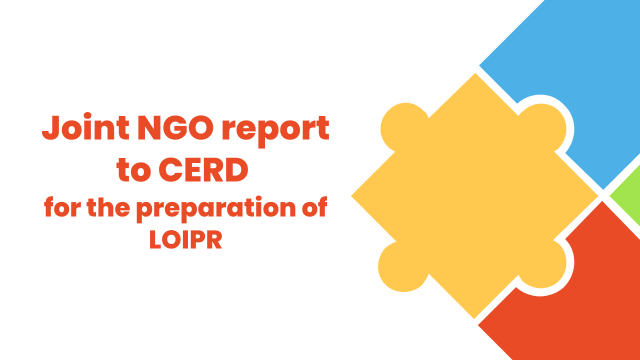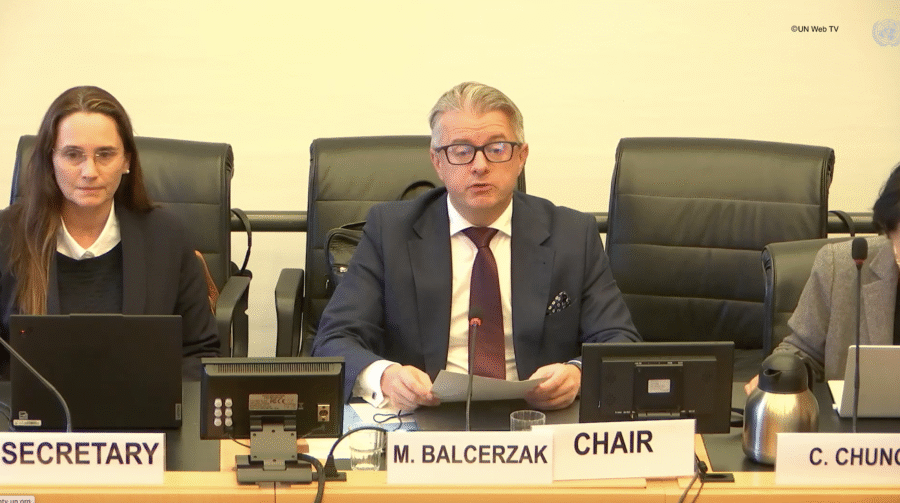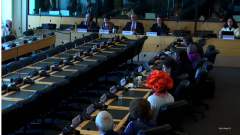Civil society and human rights of people of African descent (HRC43, 2020, Joint-OS)
March 13, 2020
IMADR delivered the joint oral statement on “Civil society and human rights of people of African descent” at the 43rd session of the Human Rights Council. Whole text can be read below or download here.![]()
The joint statement is co-sponsored by Minority Rights Group International and supported by the International Institute on Race, Equality and Human Rights (Race & Equality).
———
Joint Oral Statement: 43rd session of the Human Rights Council
Debate on the midterm review of the International Decade for People of African Descent
13 March 2020
Thank you, Madam President,
In this joint statement, we want to highlight the critical role of civil society organisations in combatting violence and discrimination against people of African descent.
At the international level, our organisations cooperate with UN human rights mechanisms for the effective implementation of international standards on the right to equality and non-discrimination. For instance, we support the engagement of Afro-descendant human rights defenders with the Committee on the Elimination of Racial Discrimination (CERD), other treaty bodies as well as in the framework of the UPR, to hold States accountable for violations of the human rights of persons of African descent and stimulate the adoption and implementation of legal and policy measures in preventing, addressing or remedying discrimination in law and practice.
Moreover, we are pleased to have contributed to the OHCHR fellowship programme for people of African-descent as civil society partners. The fellowship plays an important role in promoting the exchanges between Afro-descendant human rights defenders, and by strengthening their engagement with international stakeholders, including international NGOs.
At the national level, we work to improve the human rights situation of people of African descent in different regions. In Tunisia, Minority Rights Group and its local partners have established Anti-Discrimination Points across the country, where Tunisians of African descent and migrants, alongside other minorities and LGBT Tunisians can report violations of their rights and find legal, social and psychological support. MRG also works with Afro-descendants in Yemen, Iraq and across the MENA region, to document their situation and assist them as they seek to secure their rights. In the Americas, our partner Race and Equality is advocating for the ratification of the Inter-American Convention against racism, racial discrimination and related forms of intolerance; and it has raised awareness about the need of developing National Actions Plans for the Decade for People of African Descent as none of the countries in the region has done so yet.
However, the lack of resources and the threats of intimidation or reprisal often prevent Afro-descendant human rights defenders from engaging with the UN human rights system. In many countries, Afro-descendant communities are not consulted by States for the design and implementation of anti-discrimination measures. Therefore, we call upon States to support civil society, in particular Afro-descendant human rights defenders, in their efforts to combat racial discrimination including through the use of relevant international human rights instruments as outlined in the programme of activities[1].
We thank you.
[1] https://www.un.org/en/observances/decade-people-african-descent/recognition





